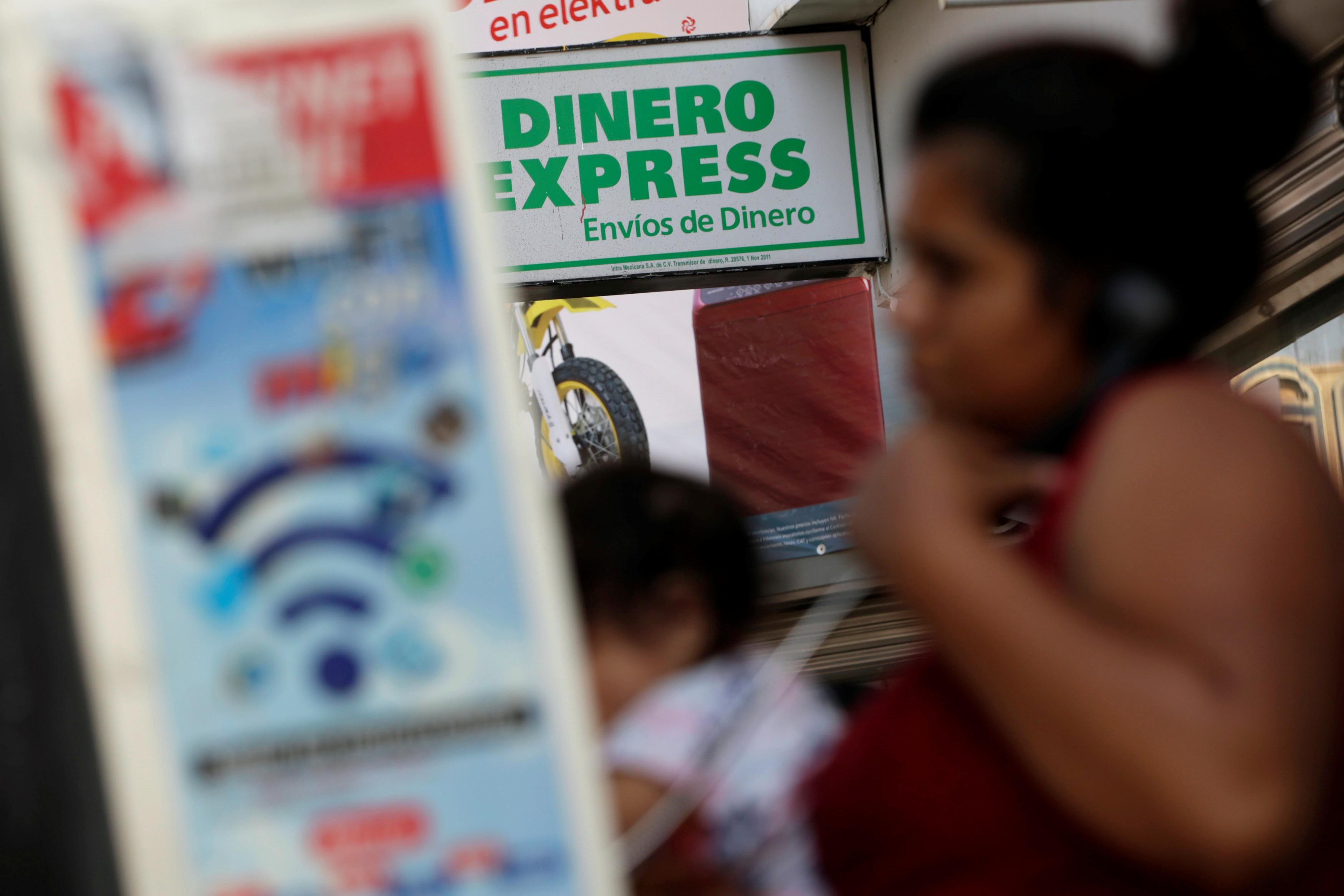Hard Numbers: Mexicans benefit from US labor boom, UAE-Euro remittances surge, Egypt feels the Ukraine burn, Bangladesh’s cap
16.6: Remittances to Mexico in the year leading up to July rose a whopping 16.6% to $32.8 billion, in large part due to the US’ post-pandemic booming labor market. Unemployment levels remain very low in the US – a good thing for Mexican remittances – though that could change as the US Federal Reserve doubles down on its effort to quell inflation.
30: Foreign exchange houses in the United Arab Emirates have recorded a surge in monthly remittances to Europe as Europeans in the UAE take advantage of the weaker-than-usual euro to send money home. One big foreign exchange company, Al Fardan Exchange, recorded a 30% monthly rise in September as the euro depreciated against the US dollar.
14.7: Remittances from Egyptians working abroad shrank 14.7% in July compared to the same time last year. This comes as the value of the Egyptian pound has fallen against the US dollar as import-reliant Cairo feels the economic pinch of the war in Ukraine. Together, tourism and remittances are amongst Egypt’s most important sources of foreign currency reserves.
108: Bangladesh recently enforced an exchange rate cap of 108 taka per US dollar for remittances in a bid to stabilize the country’s currency. (For a history of the dollar/ taka exchange rate, see here.) Amid a spate of economic crises that led to the South Asian country’s foreign reserves drying up earlier this year, many residents turned to the underground exchange, which further destabilized the local currency.
